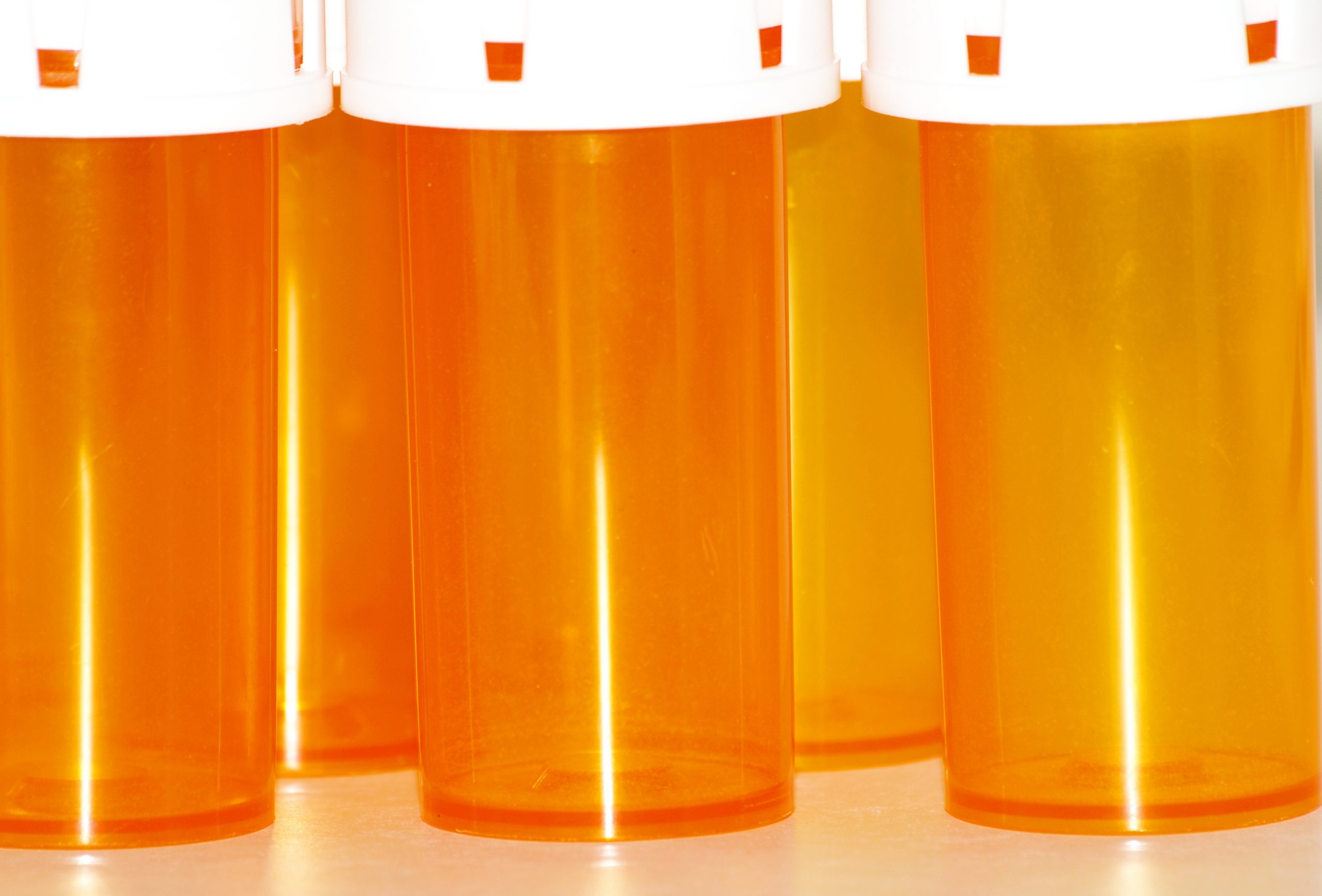 By: Jacqueline Bain
By: Jacqueline Bain
You might have recently received a holiday gift of a direct-to-consumer genetic testing kit from Ancestry.com or 23andMe.com (or any other number of companies). So exciting! In our melting pot society, one can’t help but be curious about where they come from and if they are more likely than any other person to be subject to any number of ailments.
Not so fast though! Before you swab yourself and send away your genes for testing, you might consider what you’re exposing yourself to. Direct-to-consumer genetic testing companies, which provide genetic testing directly to consumers without any intervening healthcare provider, are not bound by HIPAA. They are not considered “covered entities”, and therefore not required to use the same protections for genetic information the way a hospital or your doctor would.Continue reading


 By:
By: